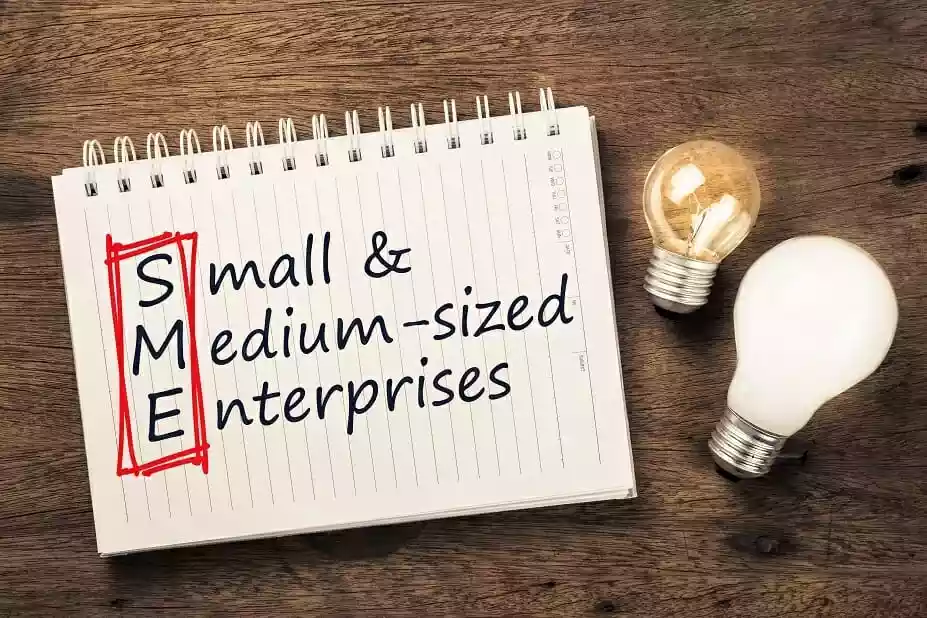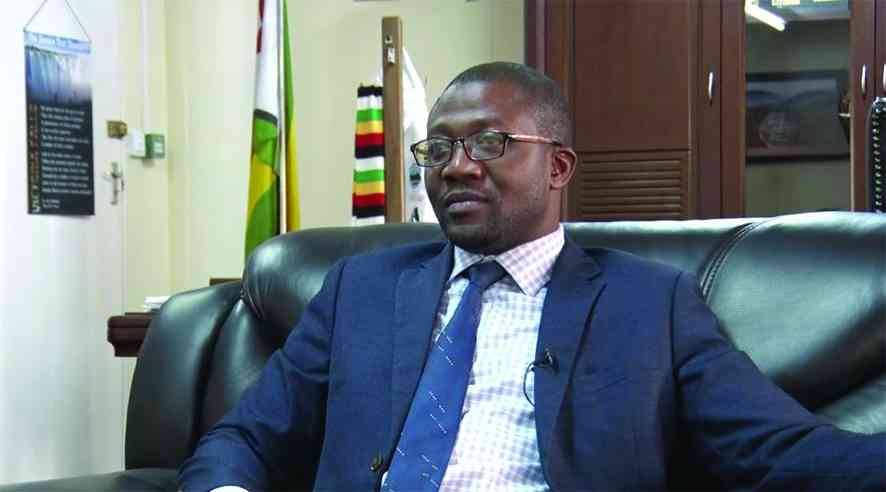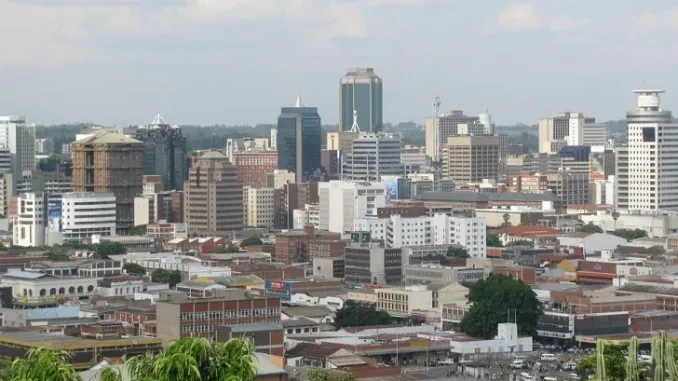
THE local pharmaceutical industry access only 10% of its foreign currency requirements from the Reserve Bank of Zimbabwe (RBZ) monthly, a situation that has left the industry teetering on the brink of collapse.
BY MTHANDAZO NYONI
Speaking to journalists on the sidelines of the annual joint congress of the College of Primary Health Care Physicians of Zimbabwe and the Pharmaceutical Society of Zimbabwe (PSZ) in Bulawayo on Friday, PSZ president, Sikhumbuzo Mpofu urged the RBZ to prioritise the sector.
“The challenge is that the foreign currency is scarce. We are getting about 10% of our requirements. Remember a few months ago, the Reserve Bank of Zimbabwe issued a statement that they were allocating about $4 million towards the sector…,” Mpofu said.
“We are engaging the authorities and our importers, they require more compared to what the manufacturers need.”
Asked how much does the industry require to operate at full throttle, Mpofu said “excluding the outstanding invoices we will need roughly about $10 million a month to actually adequately service the industry. In summary, we are hoping with the tobacco selling season maybe the inflows will improve.”
“What we are crying for is to get similar attention and priority like oil expressers are getting. They are getting allocation on a regular basis. Looking at the fuel industry the central bank increased the allocation without any public outcry to about 50% but for medicine we have to fight. I’m a driver I would rather have medicine than fuel. So we need that priority,” he said.
“We want ourselves to attain the same status that other sectors like oil expressers and fuel are attaining. We appreciate that foreign currency is not there, but let’s get the priority which others are getting.”
- Chamisa under fire over US$120K donation
- Mavhunga puts DeMbare into Chibuku quarterfinals
- Pension funds bet on Cabora Bassa oilfields
- Councils defy govt fire tender directive
Keep Reading
He said in 2017 they noticed a deterioration in terms of forex allocation to the industry, hence they engaged the apex bank.
“What he had in mind was that going into the future you could tell that the situation is going to get worse so we had to engage them to explain this very important part of medical care. As we are saying now, fuel allocation, Zesa allocation can they also prioritise medicine,” he said.
“The little that is there can also be channelled to medicine because of the functionality of any health institution is measured by whether there is medicine or not. So if medical commodities are not there it becomes a security issue.”
Mpofu said they have made representations to the Health ministry, central government and even formed a committee to look into the issue.
“There are two aspects to it. There are manufacturers to import ingredients to manufacture and those products that cannot be manufactured locally we have got the importers, our wholesalers. Then challenges that we faces, with little resources to split between the manufacturers and wholesalers we have to prioritised now, which product can we bring in for hypertension, diagnostics?”











